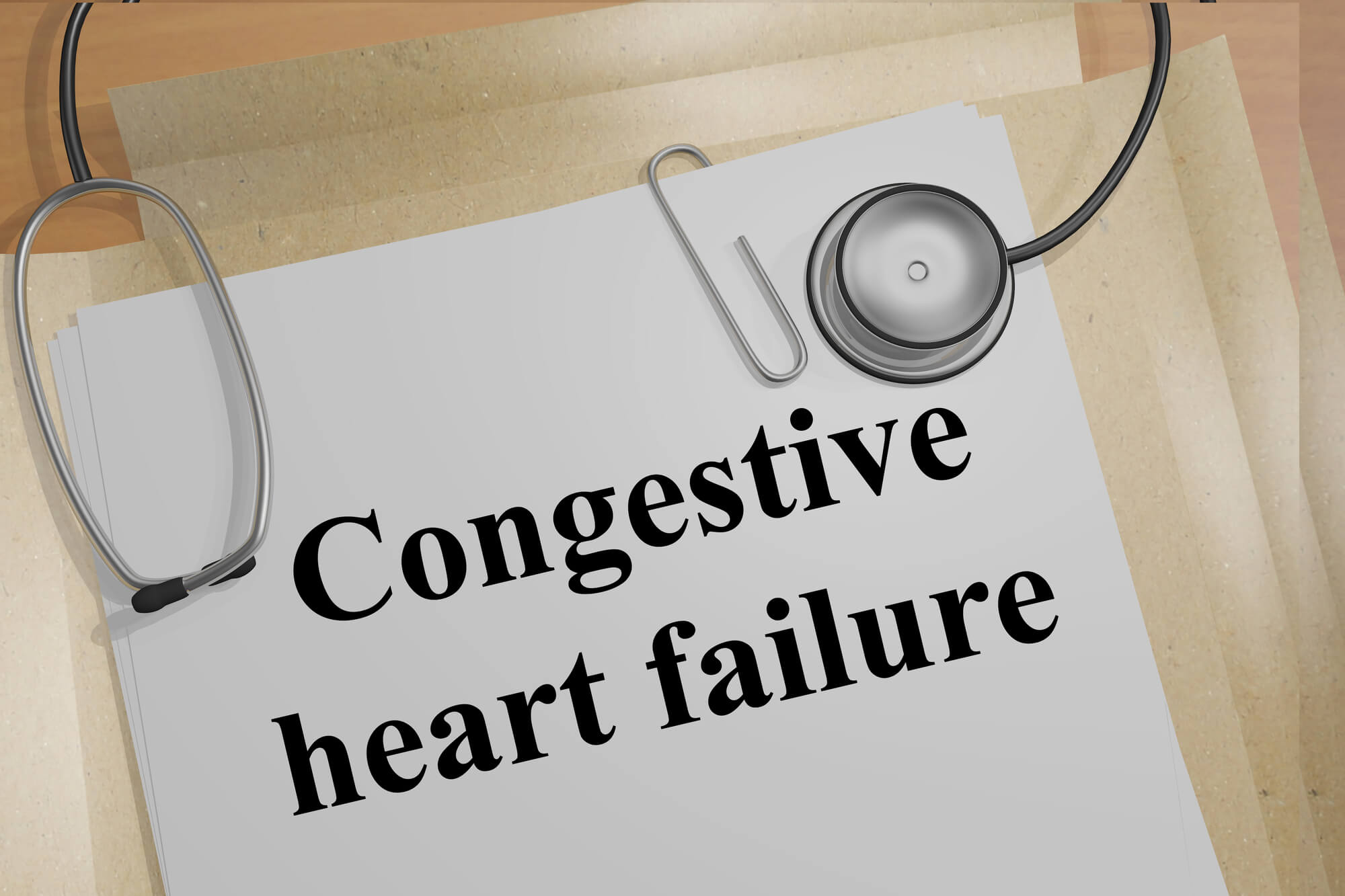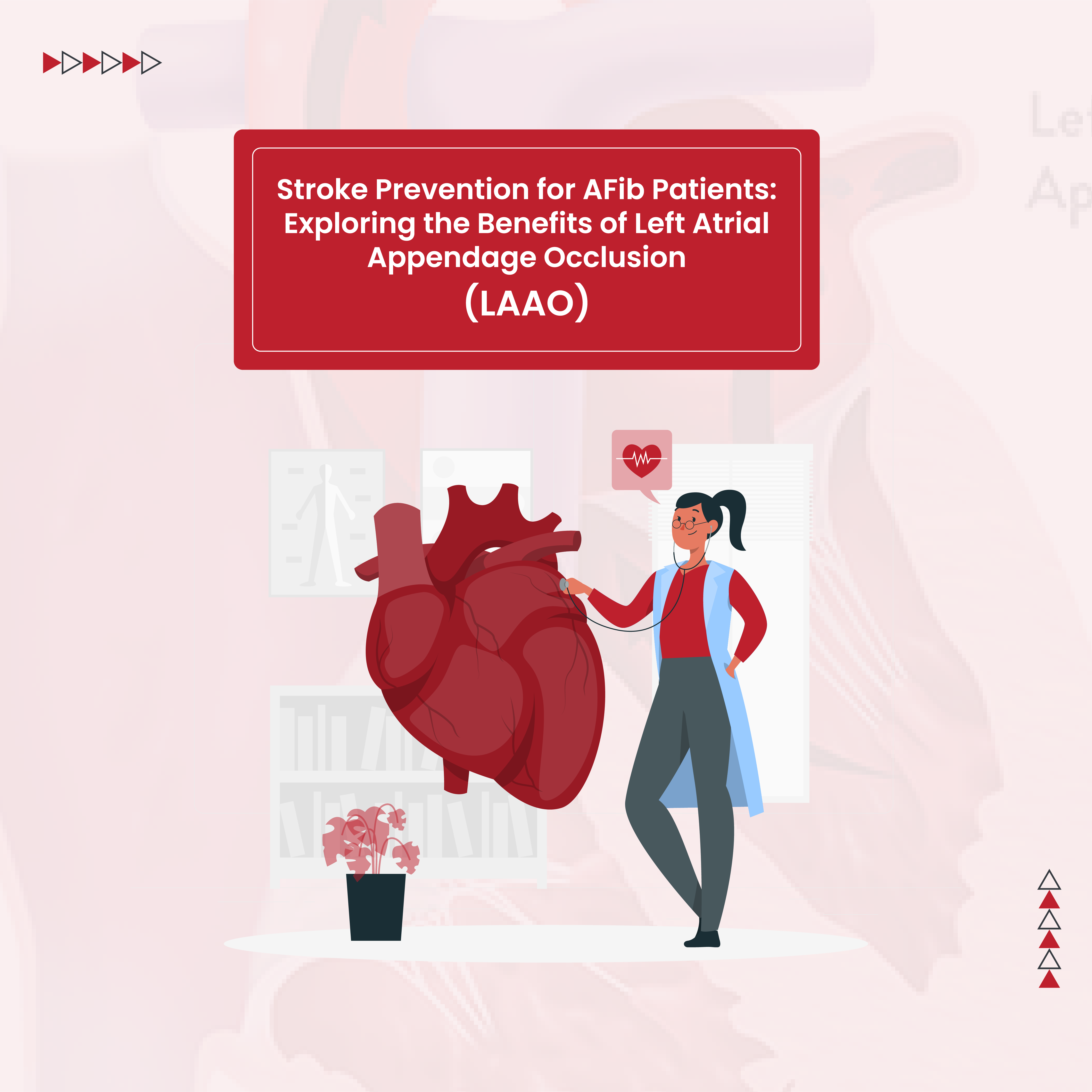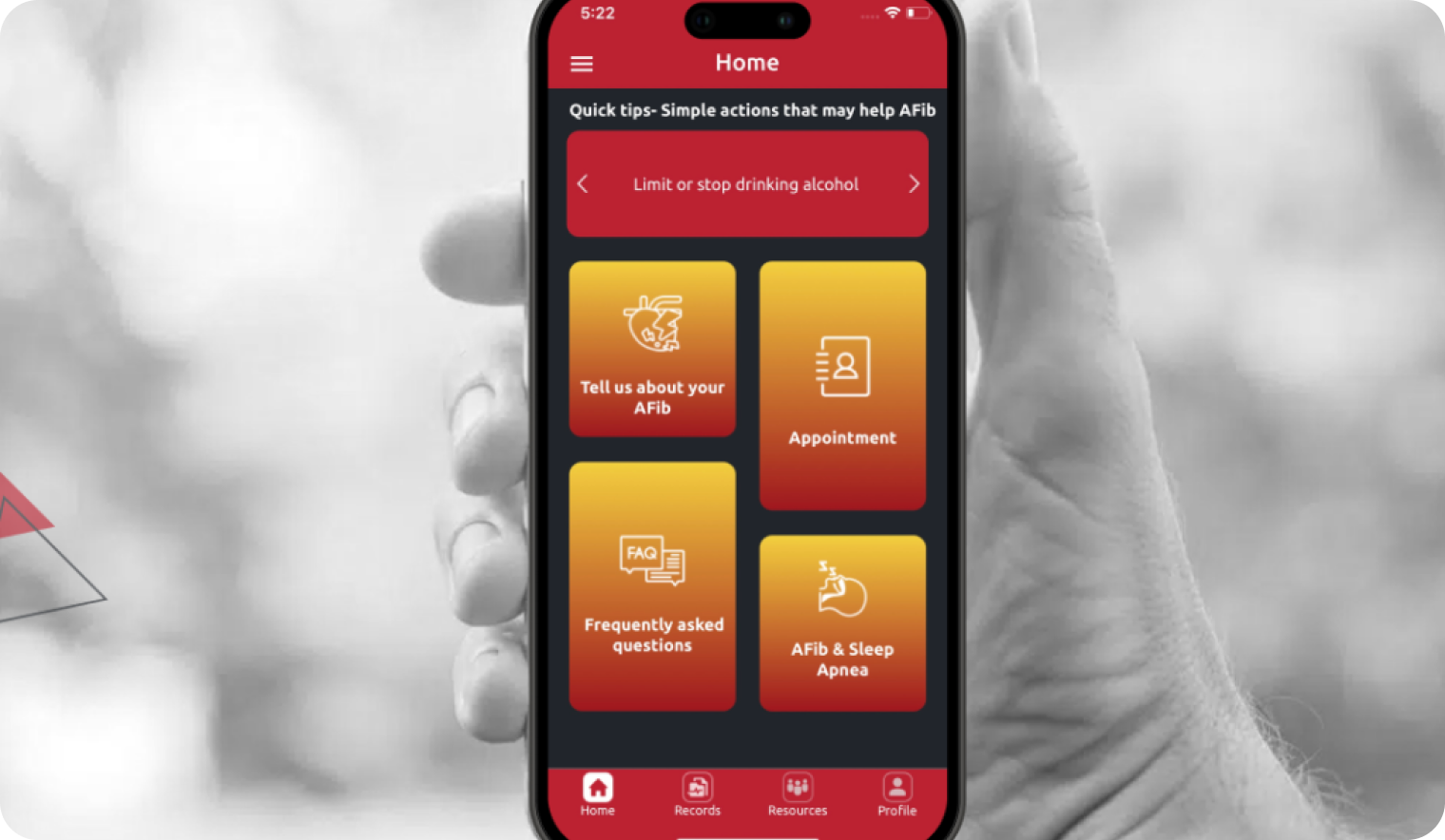There are epidemics of atrial fibrillation (AFib) and heart failure in the United States. Heart failure affects approximately 6 million Americans over the age of 20. Atrial fibrillation is estimated to affect 5.2 million people in the U.S. The prevalence of heart failure and atrial fibrillation have increased over the past decades due in part to an aging population, improved survival of acute conditions like myocardial infarction (heart attack) and longer survival with chronic conditions. Both diseases are projected to become increasingly more prevalent in the coming decades.
While it is still unknown if there is a direct causative relationship between AFib and heart failure, their coexistence is well-established and was first noted over a century ago. In 1915, Paul Dudley White, a prominent physician and one of the founding members of the American Heart Association, wrote, “Since auricular fibrillation so often complicates very serious heart disease, left ventricular systolic dysfunction its occurrence may precipitate heart failure or even death, unless successful therapy is quickly instituted.”
Numerous studies and clinical experience have confirmed that patients with chronic atrial fibrillation are at increased risk of developing heart failure. Likewise, patients with heart failure are at increased risk for developing atrial fibrillation. It is estimated that approximately 40% of patients with either diagnosed atrial fibrillation or heart failure will develop the other condition. A patient with chronic heart failure and atrial fibrillation has a worse prognosis than a patient with heart failure or atrial fibrillation.
How Can AFib Cause Congestive Heart Failure?
If you have been diagnosed with atrial fibrillation you may have heard about the link between AFib and heart failure and you may have questions like, “Is AFib heart failure?” or “Does atrial fibrillation lead to heart failure?” or “Is atrial fibrillation a form of heart failure?” The short answers are no, atrial fibrillation is not a form of heart failure and yes, atrial fibrillation can lead to heart failure. Not everyone with atrial fibrillation develops heart failure; there are certain risk factors that make developing heart failure more likely. For example, congestive heart failure and AFib in elderly patients is much more common than in patients with atrial fibrillation who are younger than 65 years old.
Atrial fibrillation and heart failure often occur together is because they have common risk factors, which include:
- Age
- High blood pressure (hypertension)
- Diabetes
- Obesity
- Valvular heart disease. Problems with the heart valves can change the structure and function of the heart and can lead to atrial fibrillation and/or heart failure.
- Coronary artery disease and heart attack
- Sleep apnea
These risk factors are associated with increased oxidative stress, systemic inflammation and neurohormonal changes which negatively affect the heart’s electrical system and the heart muscle at a cellular level. This creates an environment that predisposes the heart to both atrial fibrillation and heart failure.
Patients with atrial fibrillation and multiple risk factors are more likely to develop concomitant heart failure. According to the National Heart, Lung, and Blood Institute, atrial fibrillation is more common among whites but African Americans with atrial fibrillation have higher rates of serious complications, like heart failure, heart disease, and stroke. This is thought to be at least partially due to the higher rates of high blood pressure and diabetes amongst African Americans.
How Does AFib Cause Heart Failure?
Atrial fibrillation is often caused by structural heart diseases like heart valve disease, coronary artery disease, or heart attack but it also causes structural heart disease. Structural changes occur as a result of atrial fibrillation whether a person has paroxysmal (intermittent) or chronic atrial fibrillation. As a person advances along the spectrum from intermittent to chronic atrial fibrillation, the irregular heart rhythm causes progressively more structural heart disease like heart failure.
There are different mechanisms by which atrial fibrillation can cause heart failure or make heart failure symptoms worse.
- Atrial fibrillation changes how the heart beats. Atrial fibrillation causes the heart’s upper chambers (atria) to quiver which decreases their ability to effectively pump blood to the heart’s lower chambers (ventricles). This problem is compounded when the irregular heart rhythm also causes the heart to beat too fast. When the heart rate is too high, there is not enough time for blood to fill the ventricles to then be pumped out to the body. This decrease in cardiac output can contribute to increases in stress hormones and systemic inflammation which can damage the heart and lead to heart failure.
- Atrial fibrillation changes the heart’s structure. AFib can cause heart chambers to enlarge. Changes occur in the heart muscle at the cellular level and fibrosis (stiffness) sets in. As the heart chambers enlarge and stiffen, they become less effective at pumping blood.
- Atrial fibrillation can cause tachycardia induced cardiomyopathy. A fast heart rate is common in atrial fibrillation and includes an increased resting heart rate and exaggerated heart rate response to exercise. This uncontrolled ventricular heart rate can lead to tachycardia induced cardiomyopathy. AFib is the most common cause of tachycardia induced cardiomyopathy (i.e. heart failure that results from the heart beating too fast).
- Medication used for rhythm control can contribute to heart failure. Medications used to treat the irregular heart rhythm, antiarrhythmics, can worsen heart failure by decreasing the force generated by the heartbeat which decreases the amount of blood the heart pumps and by increasing the risk of arrhythmias (abnormal heart rhythm). Patients with structural heart disease, like heart failure, are especially at risk for these antiarrhythmic drug side effects and many antiarrhythmics are contraindicated for patients with heart failure. However, rhythm control remains a primary goal for AFib treatment because of the numerous quality of life and overall health benefits of maintaining a normal heart rhythm (normal sinus rhythm). Catheter ablation can be an excellent option for a patient with atrial fibrillation who is not a good candidate for antiarrhythmic medications.
How Does Heart Failure Cause Atrial Fibrillation?
Heart failure can lead to an increased risk of atrial fibrillation. Patients who have heart failure with atrial fibrillation are more likely to be hospitalized and have worse outcomes. Heart failure causes a complex network of changes throughout the body and specifically, in the heart, that contribute to an environment in which atrial fibrillation is more likely to be initiated and maintained. Two of the most common effects of heart failure that cause atrial fibrillation are:
- Atrial stretch. As the heart muscle weakens, it is less able to effectively pump blood through the heart. As this process occurs over time the heart begins to stretch out. The atria are less muscular than the ventricles and therefore are often the first to stretch out. As the muscle fibers stretch, the heart’s electrical conduction system becomes irritated which promotes atrial fibrillation.
- Fibrosis. Heart failure increases systemic inflammation and the circulation of stress hormones which increases oxidative stress. Over time fibrosis (stiffening) of the heart muscle develops and contributes to atrial fibrillation.
Structural remodeling like atrial stretch and fibrosis (stiffening) can change conduction through the heart’s electrical system and create the substrate that initiates and maintains AFib.
How Do You Prevent Heart Failure With Atrial Fibrillation?
If you have atrial fibrillation you are at increased risk of heart failure but it is important to remember that atrial fibrillation is not heart failure. There are many things you can do to help prevent heart failure if you have atrial fibrillation.
Manage your risk factors.
- Adopt a healthy lifestyle. Eat a healthy diet that is low in salt, sugar, saturated fat, and trans fat. Limit alcohol intake. Do not smoke. Engage in frequent moderate-intensity physical activity.
- Maintain an ideal body weight.
- Treat high blood pressure, coronary artery disease, diabetes, and sleep apnea.
Treat your atrial fibrillation.
- Rhythm control. Work with your doctor to develop a treatment strategy that prioritizes rhythm control (i.e. maintaining normal sinus rhythm). Catheter ablation is increasingly being used as a first-line treatment option for patients with paroxysmal atrial fibrillation. If you already have heart failure and atrial fibrillation, there are fewer antiarrhythmic medication options and catheter ablation is a primary treatment strategy. Studies on catheter ablation vs antiarrhythmic drugs for patients who have heart failure with AFib have shown that patients who underwent catheter ablation had improved survival, quality of life, and fewer heart failure hospital admission.
- Rate control. Maintaining a steady heart rate when the heart is in atrial fibrillation is also an important part of AFib treatment. Rate control of atrial fibrillation decreases the risk of tachycardia induced cardiomyopathy. If you have permanent, or chronic, atrial fibrillation and rhythm control is not an option, rate control of AFib becomes the primary goal
- Stroke prevention. The irregular heart rhythm of atrial fibrillation causes the heart to function less effectively and can allow blood to pool in the heart. When blood pools, blood clots can form. If blood clots leave the heart they can be carried to the brain where they can cause a stroke. Both atrial fibrillation and heart failure increase stroke risk. All patients with atrial fibrillation should be assessed for stroke risk. If stroke risk is elevated, blood thinner medications or specialized procedures can be performed for stroke prevention.








